Sleep teeth grinding
Home » » Sleep teeth grindingYour Sleep teeth grinding images are ready in this website. Sleep teeth grinding are a topic that is being searched for and liked by netizens now. You can Get the Sleep teeth grinding files here. Download all royalty-free images.
If you’re looking for sleep teeth grinding images information related to the sleep teeth grinding keyword, you have visit the right site. Our site always gives you hints for downloading the maximum quality video and image content, please kindly surf and find more informative video content and graphics that match your interests.
Sleep Teeth Grinding. We’re talking sleepless nights and sore jaws — a result of bruxism, also known as teeth grinding, clenching, or gnashing. Bruxism is a condition characterized by unconscious teeth grinding. Teeth grinding (bruxism) is involuntary clenching, grinding and gnashing of the teeth that usually happens during sleep. In particular, teeth grinding is sometimes linked to a type of antidepressant known as a selective serotonin reuptake inhibitor (ssri).
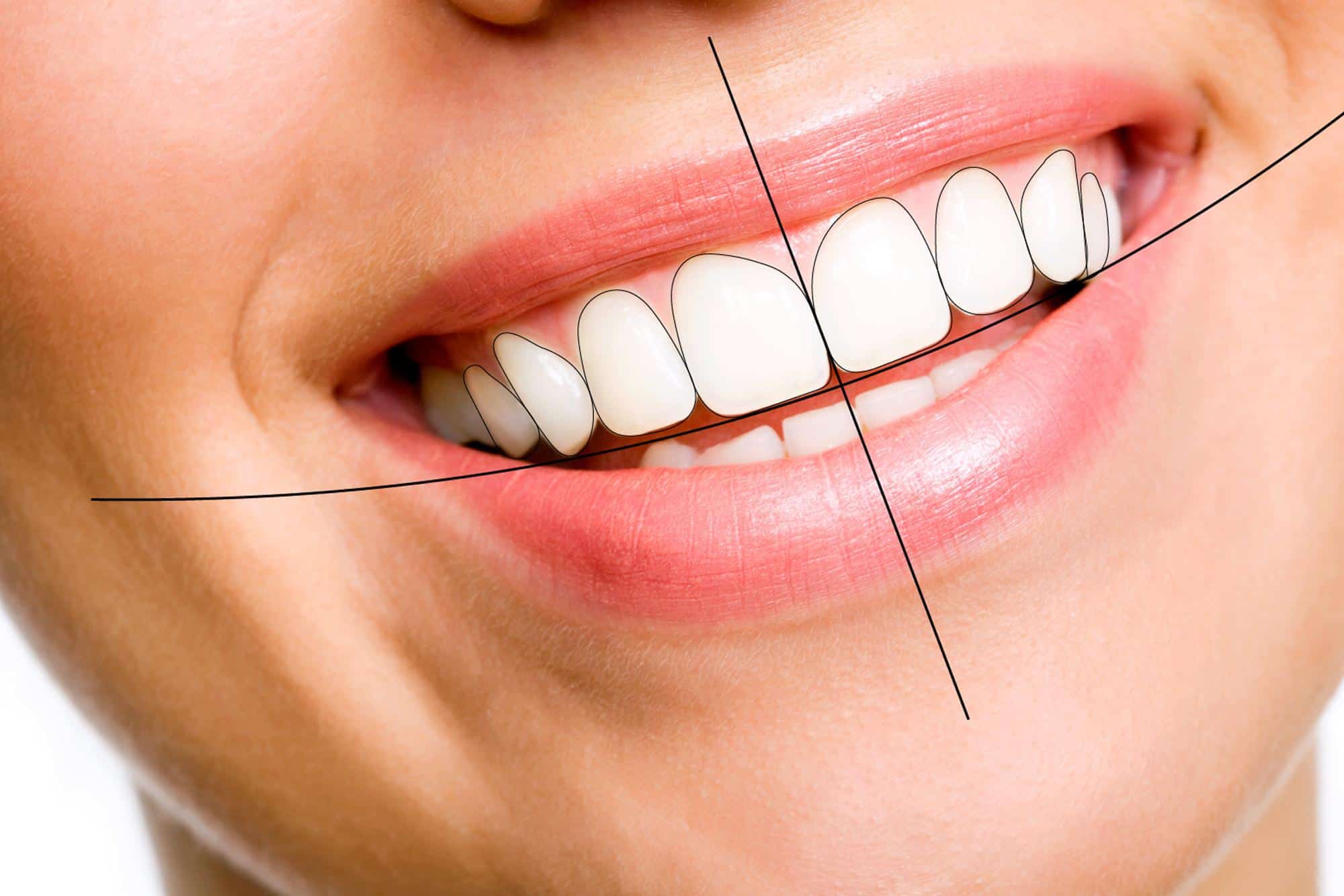 Smile Makeover Digital Smile Design Elite Dental Group From elitedental.com.sg
Smile Makeover Digital Smile Design Elite Dental Group From elitedental.com.sg
This can occur during the day or at night while sleeping. Episodes of teeth grinding appear to be connected to changing sleep patterns or microarousals from sleep. Many times people learn that they grind their teeth by their partners, who hears the grinding at night. It can lead to all kinds of nasty things like headaches, tooth or jaw pain, damaged teeth, and disrupted sleep. This can happen when you’re awake (“awake bruxism”), or when you’re sleeping (“sleep bruxism”.) bruxism is fairly common, especially in children: Because grinding often occurs during sleep, most people are unaware that they grind their teeth.
Treatments include bite splints (to be worn at night), repair of tooth damage, and stress management therapy.
When teeth grinding occurs during the day, it is known as awake or diurnal bruxism. During sleep, adults and children may engage in teeth grinding without being fully aware they are doing it. This can occur during the day or at night while sleeping. Many times people learn that they grind their teeth by their partners, who hears the grinding at night. When you grind or clench your teeth, your muscles jaw muscles tense and produce great amounts of force. A dull, constant headache and/or pain in the jaws when you wake up are the most common symptoms of teeth grinding.
 Source: elitedental.com.sg
Source: elitedental.com.sg
We don�t treat this strictly as a medical problem to be cured. Episodes of teeth grinding appear to be connected to changing sleep patterns or microarousals from sleep. Grinding your teeth at night, also called bruxism, is a common problem. Often, it takes a partner noticing the grinding sound to realize that bruxism is occurring. Although teeth grinding can be caused by stress and anxiety, it often occurs during sleep and is more likely caused by an abnormal bite or.
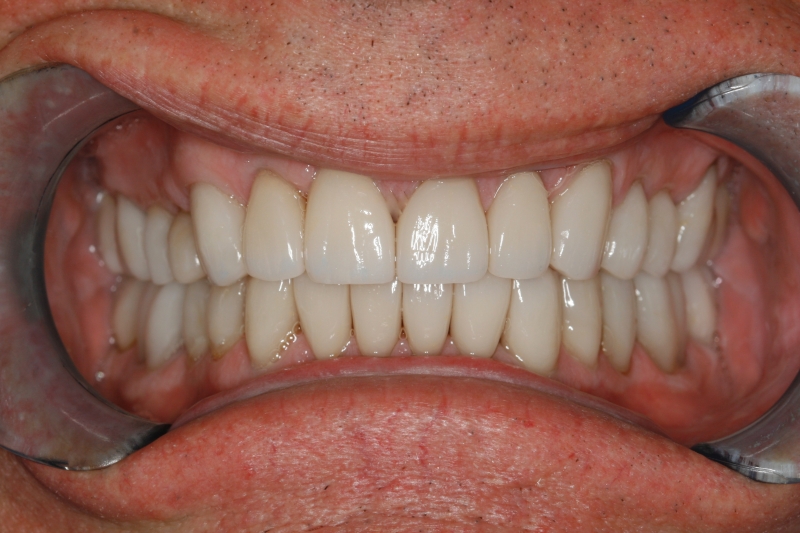 Source: konigdds.com
Source: konigdds.com
Teeth grinding at night, known as sleep bruxism, affects roughly 13% of adults. People typically grind their teeth at night due to a misaligned bite or sleep apnea, with grinding signaling their bodies to restart breathing as they sleep. Causes can include stress, concentration and use of illegal drugs. When things are stressful, our bodies can manifest this stress into physical symptoms. Teeth grinding at night, or sleep bruxism, is classified as a sleep disorder.
 Source: esseldental.com
Source: esseldental.com
If you have bruxism, you may subconsciously clench or grind your teeth while awake (awake bruxism) or while sleeping (sleep bruxism) (sleep bruxism). If you have bruxism, you may subconsciously clench or grind your teeth while awake (awake bruxism) or while sleeping (sleep bruxism) (sleep bruxism). During sleep, adults and children may engage in teeth grinding without being fully aware they are doing it. In addition to the headaches, excessive teeth grinding and clenching can also produce enough pressure in the jawbones and surrounding tissue to cause earaches, neck pain, and general facial pain. Teeth grinding at night, known as sleep bruxism, affects roughly 13% of adults.
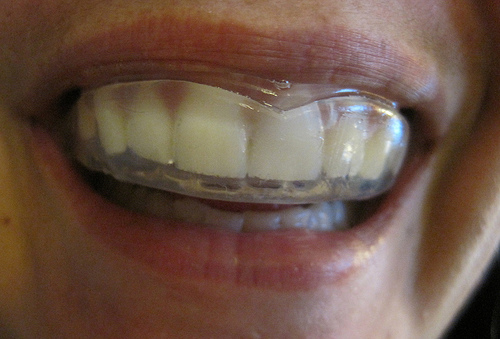 Source: sleepcenterlcmc.com
Source: sleepcenterlcmc.com
Most teeth grinding is preceded by increases in brain and cardiovascular activity. Grinding your teeth at night, also called bruxism, is a common problem. This may explain the associations that have been found between sleep bruxism and obstructive sleep apnea (osa) , which causes temporary sleep interruptions from. If you have bruxism, you may subconsciously clench or grind your teeth while awake (awake bruxism) or while sleeping (sleep bruxism) (sleep bruxism). Most teeth grinding is preceded by increases in brain and cardiovascular activity.
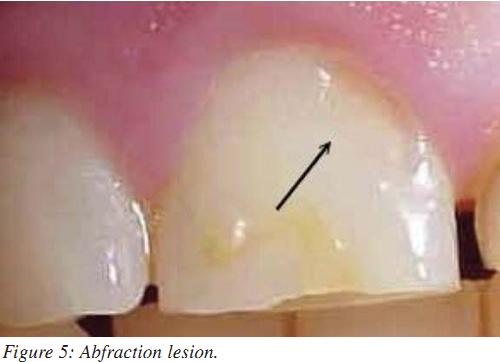 Source: draxelrad.com
Source: draxelrad.com
Treatments include bite splints (to be worn at night), repair of tooth damage, and stress management therapy. It often happens during sleep. Although teeth grinding can be caused by stress and anxiety, it often occurs during sleep and is more likely caused by an abnormal bite or. Teeth grinding (bruxism) is involuntary clenching, grinding and gnashing of the teeth that usually happens during sleep. This is characterized by tightness in the jaw and may result from many different underlying conditions.
 Source: yourdentalhealthresource.com
Source: yourdentalhealthresource.com
Bruxism is a condition characterized by unconscious teeth grinding. Now that you understand your sleep stages, you may begin to see how grinding your teeth at night can really disrupt restorative sleep. We don�t treat this strictly as a medical problem to be cured. 4 grinding teeth at night is more common than during the day, but it can easily go undetected unless it becomes severe and causes daytime sensitivity or pain. Because grinding often occurs during sleep, most people are unaware that they grind their teeth.
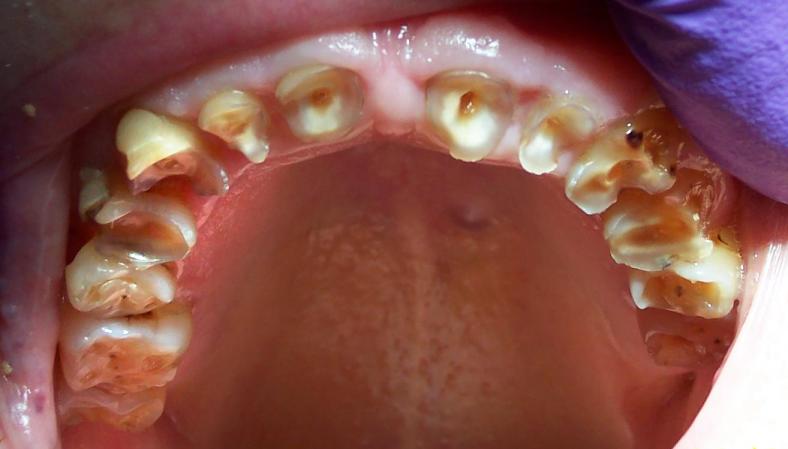 Source: intelligentdental.com
Source: intelligentdental.com
Teeth grinding at night, or sleep bruxism, is classified as a sleep disorder. This can happen when you’re awake (“awake bruxism”), or when you’re sleeping (“sleep bruxism”.) bruxism is fairly common, especially in children: People typically grind their teeth at night due to a misaligned bite or sleep apnea, with grinding signaling their bodies to restart breathing as they sleep. Teeth grinding at night, or sleep bruxism, is classified as a sleep disorder. We’re talking sleepless nights and sore jaws — a result of bruxism, also known as teeth grinding, clenching, or gnashing.
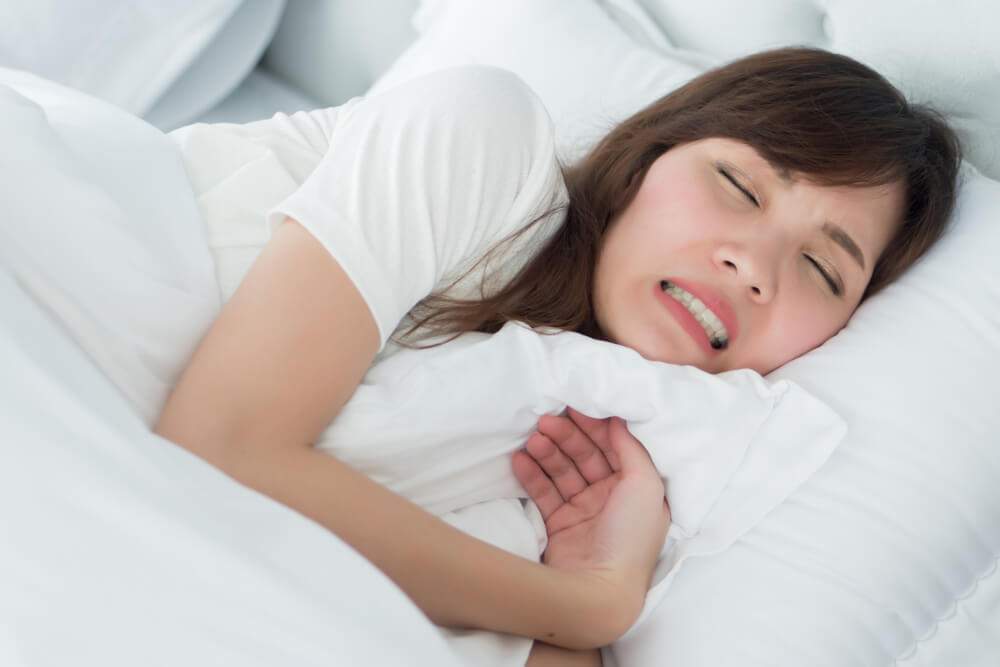 Source: almagia.com
Source: almagia.com
When you grind or clench your teeth, your muscles jaw muscles tense and produce great amounts of force. Now that you understand your sleep stages, you may begin to see how grinding your teeth at night can really disrupt restorative sleep. Grinding your teeth at night, also called bruxism, is a common problem. Because grinding often occurs during sleep, most people are unaware that they grind their teeth. Most teeth grinding is preceded by increases in brain and cardiovascular activity.
 Source: hillsdentist.com.au
Source: hillsdentist.com.au
4 grinding teeth at night is more common than during the day, but it can easily go undetected unless it becomes severe and causes daytime sensitivity or pain. We’re talking sleepless nights and sore jaws — a result of bruxism, also known as teeth grinding, clenching, or gnashing. When you grind or clench your teeth, your muscles jaw muscles tense and produce great amounts of force. In addition to the headaches, excessive teeth grinding and clenching can also produce enough pressure in the jawbones and surrounding tissue to cause earaches, neck pain, and general facial pain. Many times people learn that they grind their teeth by their partners, who hears the grinding at night.
This site is an open community for users to do submittion their favorite wallpapers on the internet, all images or pictures in this website are for personal wallpaper use only, it is stricly prohibited to use this wallpaper for commercial purposes, if you are the author and find this image is shared without your permission, please kindly raise a DMCA report to Us.
If you find this site beneficial, please support us by sharing this posts to your own social media accounts like Facebook, Instagram and so on or you can also save this blog page with the title sleep teeth grinding by using Ctrl + D for devices a laptop with a Windows operating system or Command + D for laptops with an Apple operating system. If you use a smartphone, you can also use the drawer menu of the browser you are using. Whether it’s a Windows, Mac, iOS or Android operating system, you will still be able to bookmark this website.